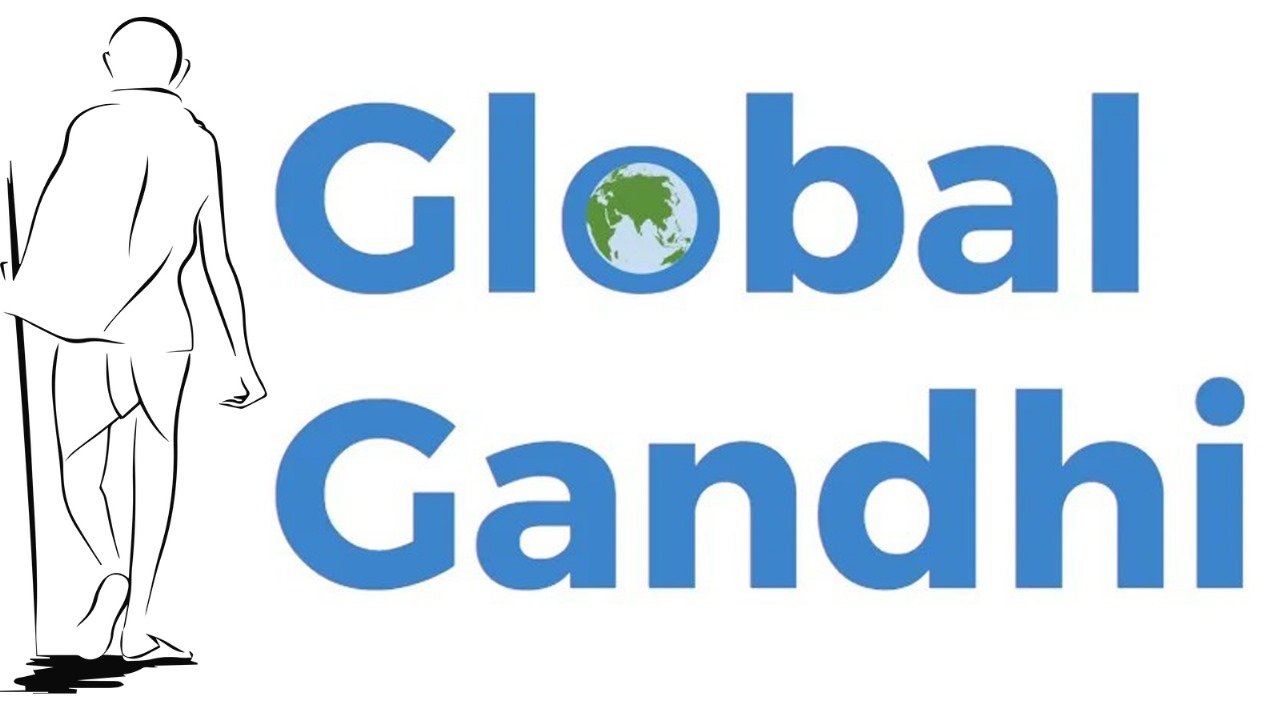To, Benjamin Netanyahu, Prime Minister, Jerusalem, Israel
President, Joe Biden, United States
Ismail Haniyeh, Head of the Political Bureau, Hamas, Gaza
Subject: Urgent Appeal for Cessation of Violence in Gaza and Advocacy for Gandhian Principles of Conflict Resolution
Dear Leaders,
We sincerely hope that this letter finds you in good health and with an open heart. In times of escalating conflict and human suffering, it is with a deep sense of concern and urgency that we, on behalf of Global Gandhi, reach out to you to implore all three of you to earnestly negotiate an immediate cessation of the cataclysmic violence in Gaza. Our collective humanity calls upon us to find peaceful and just solutions to conflicts, and it is in this spirit that we address you today.
The current situation in Gaza has led to an immense loss of life, displacement, and suffering for innocent civilians on all sides. As followers of the Gandhian philosophy of nonviolence and peaceful coexistence, we believe that violence can never be a solution to any conflict. Instead, we advocate the Gandhian way of conflict resolution, rooted in dialogue, negotiation, and the unwavering commitment to nonviolence.
Gandhi’s Principles of Conflict Resolution: A Timeless Guide
Mahatma Gandhi, the apostle of peace, demonstrated the efficacy of nonviolent resistance in the face of injustice and oppression. His principles of Satyagraha, or truth-force, remain a timeless guide for resolving conflicts without resorting to violence. We urge you, esteemed leaders, to consider the following principles:
Dialogue and Negotiation: We implore all parties involved to prioritize dialogue and negotiations as a means to address grievances and find lasting solutions. Open channels of communication can pave the way for mutual understanding and reconciliation.
Restraint and Compassion: In the pursuit of justice, let us not lose sight of our shared humanity. We call for restraint and compassion, recognizing the dignity and rights of every individual affected by the conflict.
International Mediation: An impartial and international mediation process can provide a neutral platform for dialogue and negotiations. We encourage you to consider involving international mediators to facilitate a fair and just resolution.
Humanitarian Assistance: In the midst of conflict, the welfare of civilians must be prioritized. Please ensure the unimpeded delivery of humanitarian assistance to those in need, regardless of political affiliations.
Long-Term Reconciliation: We urge you to embrace a vision of long-term reconciliation that transcends immediate hostilities. Sustainable peace can only be achieved through mutual understanding, mutual respect, and a shared commitment to building a better future for all.
A Call for Leadership
As leaders of nations and organizations, you possess the power to shape history and create a legacy of peace. By embracing the principles of nonviolence and Gandhian conflict resolution, you have an opportunity to break the cycle of violence and forge a path towards lasting peace in the region.
In the words of Mahatma Gandhi, “An eye for an eye only ends up making the whole world blind. We urge you to demonstrate the courage and wisdom necessary to break this cycle of violence and, instead, to work towards a future where the people of the region can coexist in peace and harmony.
We extend our sincere hope that, through your leadership, a new era of dialogue, mutual understanding, and reconciliation will dawn upon the people of Gaza, Israel and the wider region. Your commitment to peace will not only alleviate the immediate suffering but also contribute to the creation of a more just and compassionate world.
Thank you for your attention to this urgent matter. We stand ready to support any efforts towards a peaceful resolution and remain hopeful that, through dialogue and nonviolence, a brighter future can be realized for all.
Sincerely,
Professor Gita Dharampal
Co-editor-in-chief, Global Gandhi e-journal
Research Dean, GRF, Jalgaon, Maharashtra, India
prof.dharampal.gita@gandhifoundation.net
Lorem ipsum dolor sit amet, consectetur adipiscing elit. Ut elit tellus, luctus nec ullamcorper mattis, pulvinar dapibus leo.


